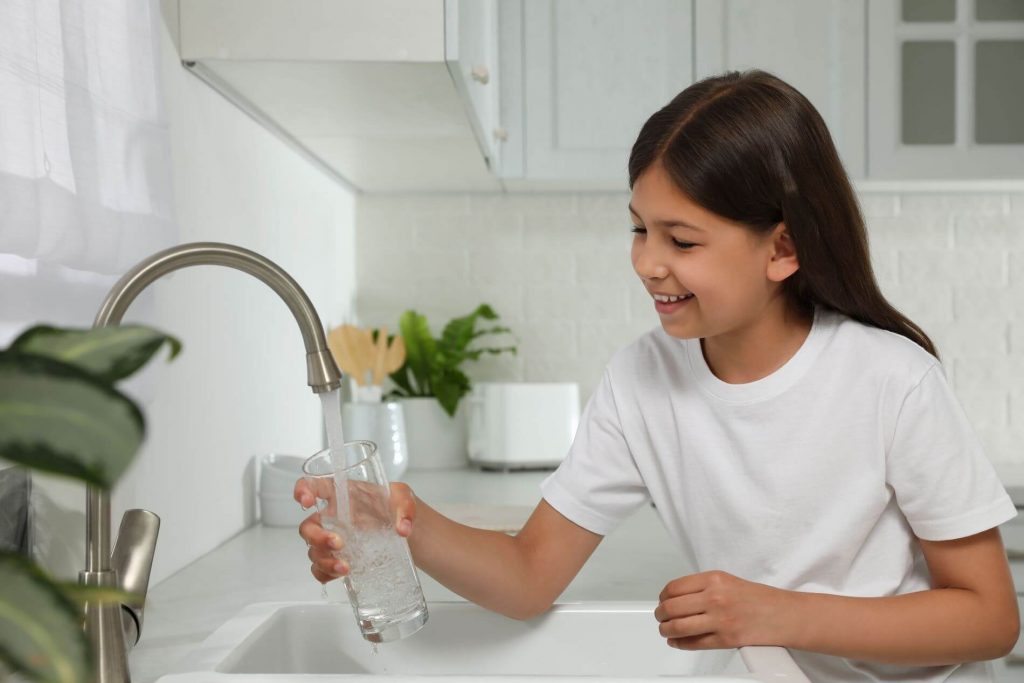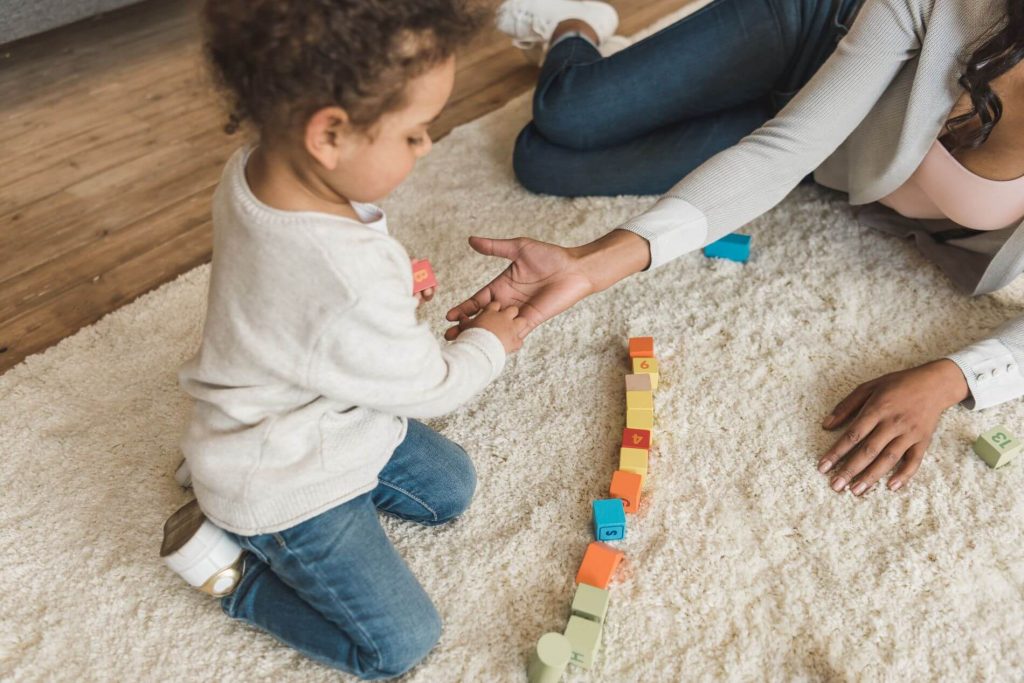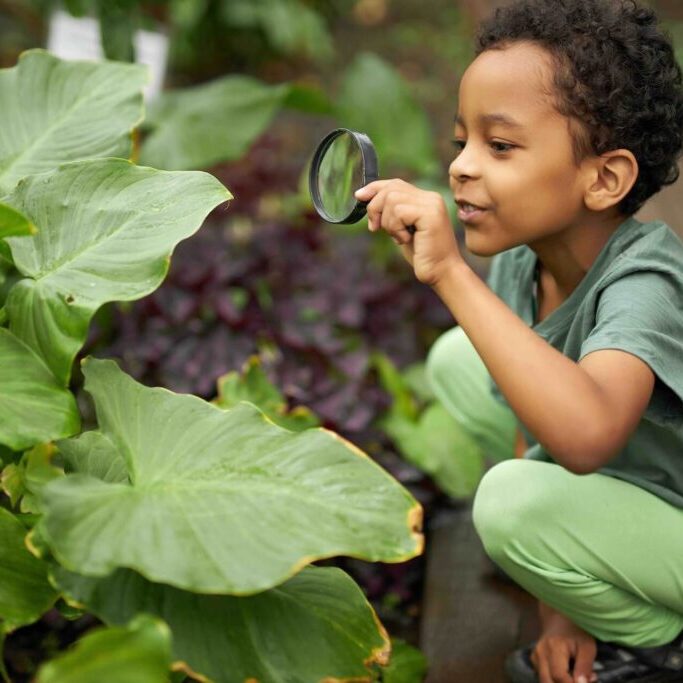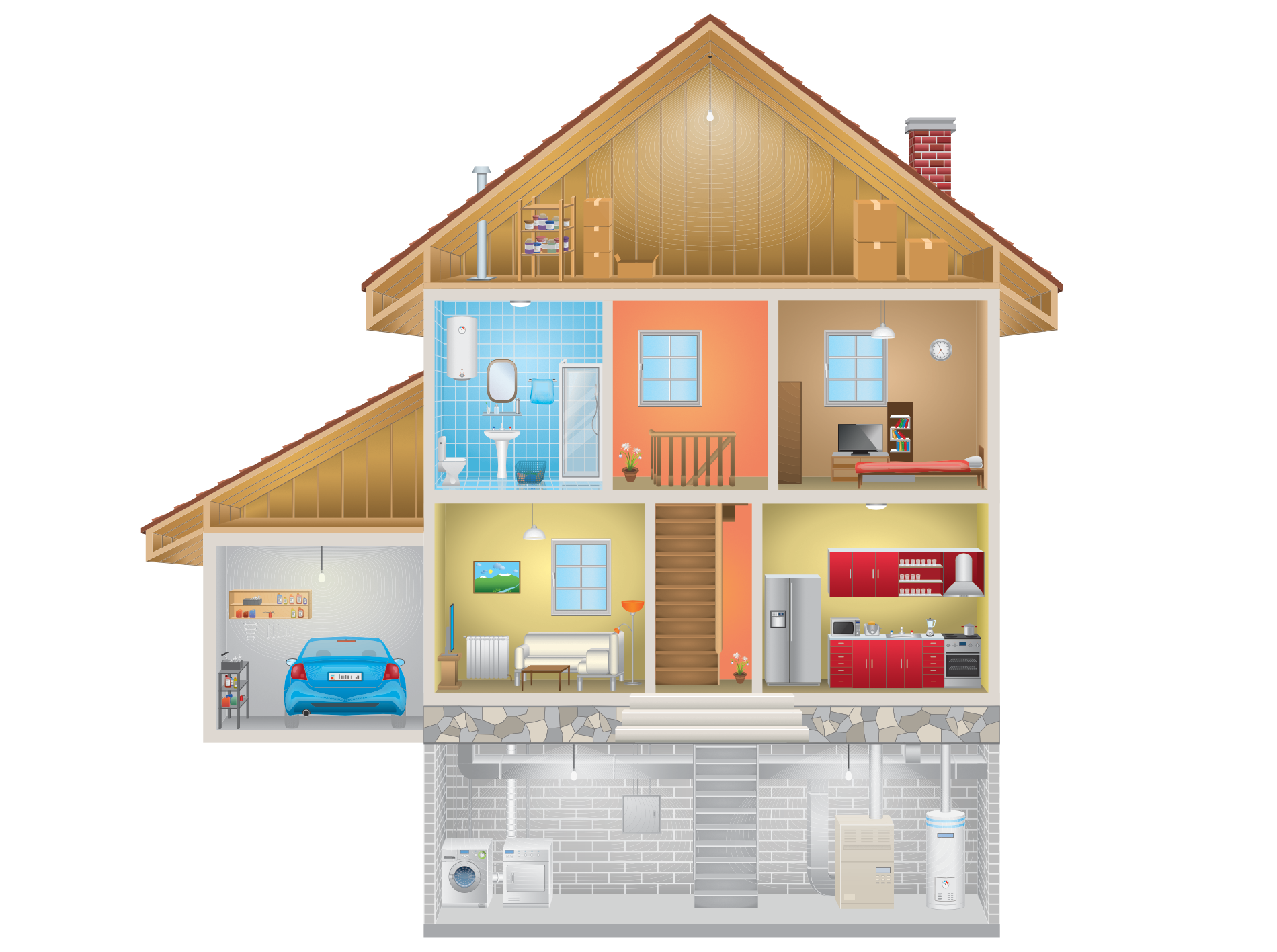Explore this page: Lead and children's health | Ways to reduce exposure to lead | Our Programs | Our Researchers
When you buy gasoline and indoor house paint today, you’ll see “unleaded” or “lead free”. Unfortunately, this wasn’t always the case. It once was standard for all paints and gasoline to have lead, which found its way into our air, soil and the mouths of children.
Even though these leaded products are now banned, our children are still dealing with the consequences of our actions from years past. Children are most often exposed by eating chipping and deteriorating paint inside older homes.
It is vital that caregivers and pregnant people understand how their children can be exposed to lead and how to prevent it. We developed this page to help you identify common sources of lead, and available programs in our region to help children avoid or reduce exposure to lead.



Lead and children's health
Despite the average blood lead levels in children declining since 1980, lead exposure is still one of biggest childhood environmental health issues.
Children can get lead exposure from:
- their mother during pregnancy;
- dust in homes containing lead paint;
- outdoor soil and dirt that contains historic deposits of lead from gasoline; and/or
- contaminated drinking water if the pipe, solder and/or fixtures contain lead.
Lead exposure reduces child cognitive function and increases behavioral problems. This may limit children from reaching their full developmental potential. Lead exposure during pregnancy may also increase the risk of preterm birth and reduce fetal growth.
Studies show that children have higher blood lead levels in summer. In warm weather, windows (often painted with lead-based paint) are opened and closed more. This leads to increased lead dust in the air and on the ground.
Video Resources
Ways to reduce exposures to lead
Find out how you can make a difference in your child's health with these quick tips. Click the circle icons to view each tip.

If you live in a home built before 1978, hire certified professionals to remove peeling or chipped lead-based paint. For a list of lead-certified contractors near you, visit this website.
Wet-mop your floors, around windows and surfaces where lead dust may accumulate.
Wash children’s hands regularly, especially after they play in dusty areas or outside soil. There is lead contamination in much of the Philadelphia region’s soil.
Determine if you have a lead service line in your home. Follow the steps outlined in this video.
If you have a lead service line, let the water run for 1 minute for every 50 feet your kitchen sink is from the middle of the street, before using the water.
Do this every morning and when your pipes have not been in use for more than 6 hours.
Consider buying a water filter for drinking water and cooking.
Our Lead Programs

Teachers Institute of Philadelphia Environmental Health Curriculum
Teacher training to develop curriculum on environmental health topics.

Regional Consultations on Environmental Health
Consultations for clinicians caring for patients with lead poisoning and environmental health issues

Pilot Project Funding
Funding for researchers and nonprofit organizations for innovative children’s environmental health research and implementing that research in the community.
Webinars for Childcare Providers
Videos specifically for childcare centers and schools on environmental health topics.

Prescriptions for Prevention Program
This program screens patients for environmental risks and automatically provides them and their healthcare providers with printed counseling materials.

Workshops and Continuing Education for Researchers
To enhance basic research skills that pertain to children’s environmental health, we will strongly encourage early-stage investigators and researchers to enroll in workshops and continuing education courses.
Center Members Researching Lead

Siddhartha Roy, PhD
Siddhartha Roy is an environmental engineer and Assistant Professor in the Department of Environmental Sciences at Rutgers University….

Noah Buncher, DO
Noah Buncher is a general pediatrician with the Department of Primary care at Children’s Hospital of Philadelphia, South…

Marilyn V. Howarth, MD, FACOEM
Marilyn Howarth is the Deputy Director of the Philadelphia Regional Center for Children’s Environmental Health. Within the Center,…

Jay S. Schneider, PhD
Jay S. Schneider is Professor of Pathology, Anatomy and Cell Biology at Thomas Jefferson University. Jay conducts both…

Thomas Gluodenis, PhD
Tom Gluodenis is an Associate Professor at the Lincoln University of Pennsylvania, a Senior Lecturer (hon.) at the…

Harriet Okatch, PhD, MPH
Harriet Okatch is an Assistant Professor of Public Health at Thomas Jefferson University in Philadelphia. Harriet’s research focuses…

Aimin Chen, MD, PhD
Aimin Chen is the Co-Director of the Philadelphia Regional Center for Children’s Environmental Health. He is Professor of…

Jianghong Liu, PhD, FAAN
Jianghong Liu is the Marjorie O. Rendell Endowed Professor in Healthy Transitions at the School of Nursing at…

Kevin Osterhoudt, MD, MS
Kevin Osterhoudt is a pediatrician, medical toxicologist and the Medical Director of The Poison Control Center at Children’s…
